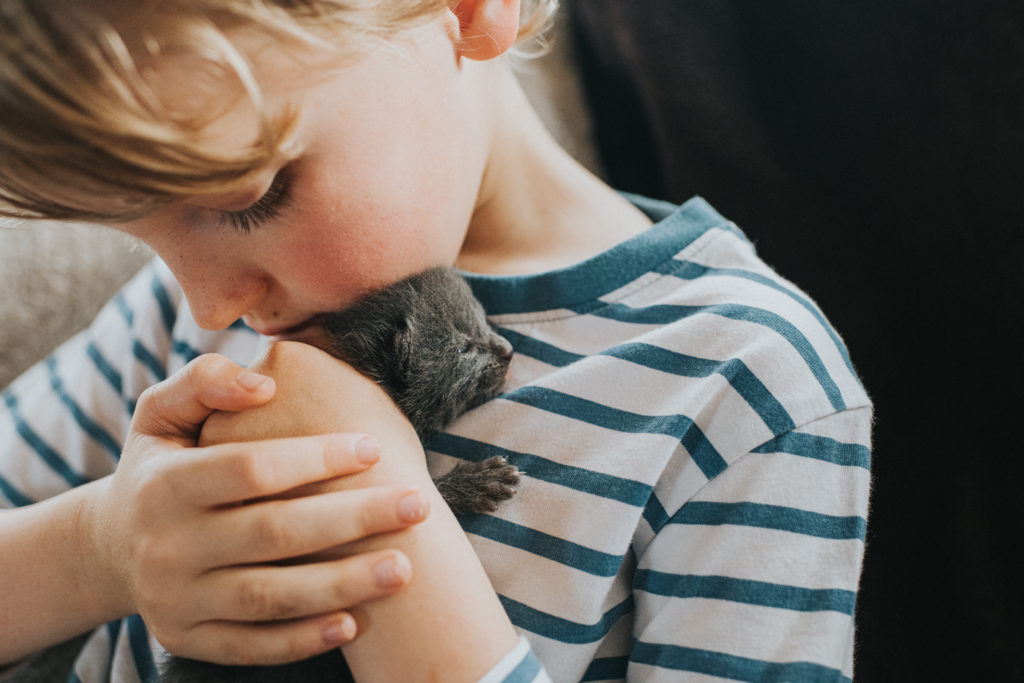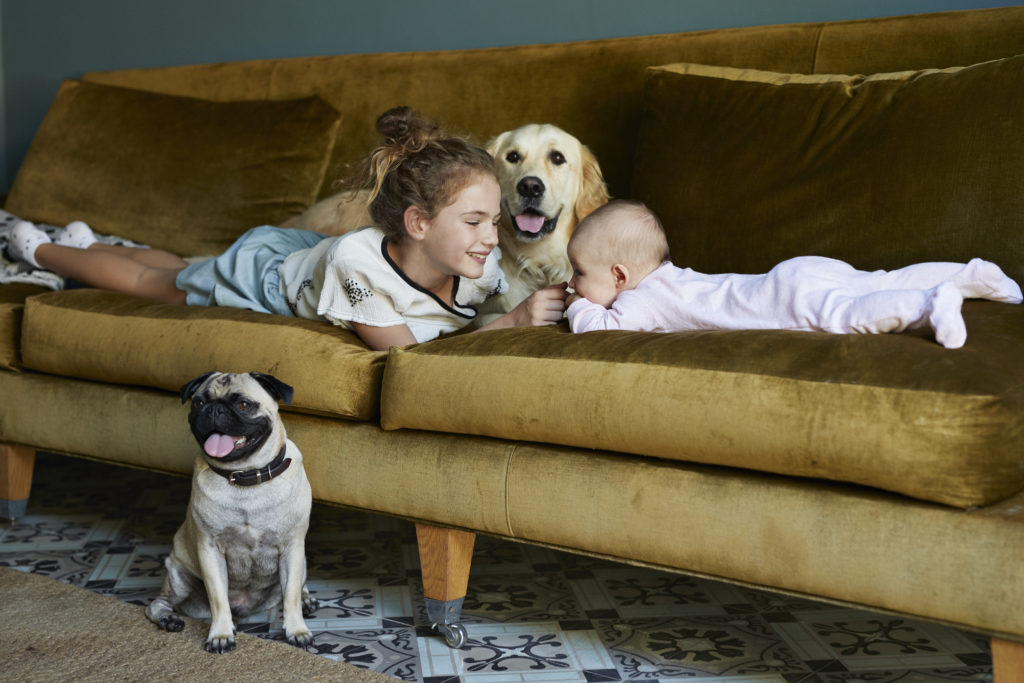We teach our children skills to thrive in the world. We teach them how to tie their shoes, how to read and write, how to calculate numbers and, sometimes, even how to fight. One fundamental skill that’s very simple yet vital to nurture is kindness.
Studies show being kind increases happiness, improves well-being and causes a ripple effect in inspiring others to be kind. “It affects their own interaction and purpose in the world,” says Julianna Griffin, who teaches a kindness, compassion and empathy class at Florida Gulf Coast University (FGCU). “It might affect the major they decide to go into or how they approach that major and how they approach their jobs and how they approach their children and their spouses and their community members.”
FGCU leaders believe in the power of kindness so much that the school offers three kindness classes. In Julianna’s class, students learn how to teach the virtue to school children through donor-funded programs.
Kindness is not fluffy, it’s not a weakness, and it can spur a chain of positive effects, says Jaclyn Lindsey, co-founder and CEO of Kindness.org, a website that delves into the science and offers a curriculum for grades K-8. Jaclyn says children as young as 2 years old are capable of extending kindness, and the trait can be cultivated. “It’s a muscle that can be built up,” she explains.
And while school provides a great social learning platform for children, the strongest influence comes from what they see in the home.
The best way to raise kind kids is to model the behavior. Children are like sponges. If they see you being kind to yourself and others, they’ll mirror you. Beyond being nice to each other on a day-to-day basis—doing things like stopping to breathe before responding when your daughter makes a mess or doing something nice for your spouse—you can also perform acts of kindness together for others. This takes us out of our own head, our own ego. Organizations like Kindness.org and RandomActsofKindness.org provide numerous ideas, such as complimenting a stranger or taping a dollar bill to a vending machine with a note. You can also get inspiration from the $10 Kindness Club on Facebook—a public group, started by FGCU instructor Francesca Donlan—that encourages people to invest $10 toward acts of kindness.
In one of the FGCU programs, the college students worked with kids at San Carlos Park Elementary to talk about compassion and empathy. The teacher then integrated the concepts into their daily routine, asking the children what they did today that was kind and why that’s important. This is a great thing to do in your own home. Rather than tell a child how to be kind, ask them questions to help them discover kindness for themselves. Do this daily so that it’s a part of the fabric of your conversations. For example: ‘What did you do today that was kind? What did someone else do that was kind to you? When your teacher complimented your work, how did that make you feel?’
Experts also suggest practicing mindfulness as a way to cultivate kindness. Start a contemplative practice with your kids. It can be any activity that allows your child quiet time with their own thoughts, like meditation, yoga, prayer, journaling or drawing. Maria F. Loffredo Roca, director of Roots of Compassion and Kindness (ROCK), and chair of FGCU’s integrated studies department, says even dancing can be a contemplative practice. Any reflective practice allows us to get in touch with what’s going on within ourselves, and then allows us to really bring our best selves to the world, Maria says.
Gratitude is another positive psychology tool that goes a long way in shaping empathetic kids. “When you can express thanks and gratitude toward someone’s or something’s role in your life, there is that inherent kindness. That then opens up avenues of awareness without saying, ‘This is what kindness is; this is what compassion is,’” Julianna says. She suggests creating a gratitude jar or chart.

Since kids love games, Maria also suggests making a game of it, such as challenging the kids to see how many ways they can think of to be kind today.
Still, perhaps the best thing you can do is start by being kind to yourself, since how we feel internally often affects how we react to others. “In order to get up, day to day, and face the world in a compassionate and empathetic way, you have to have that platform, or at least willingness to start to analyze that at your own level,” Julianna says.
At FGCU, each kindness class starts with the concept of self-compassion. That doesn’t mean taking an indulgent spa day, but rather how you talk to yourself. If you’re often harder on yourself than you’d be on others, think: ‘If a friend were saying these things about herself, what would I advise?’ When you reflect on yourself, you’ll be better equipped to be kind to others and to teach it to your children.
By doing these acts, the students become more aware of other people’s needs and how they can respond to them, Maria says. “People who live that way have lower levels of anxiety and depression because they feel like they have a sense of purpose,” she says. “Now, what greater purpose than to do that with your children?”



